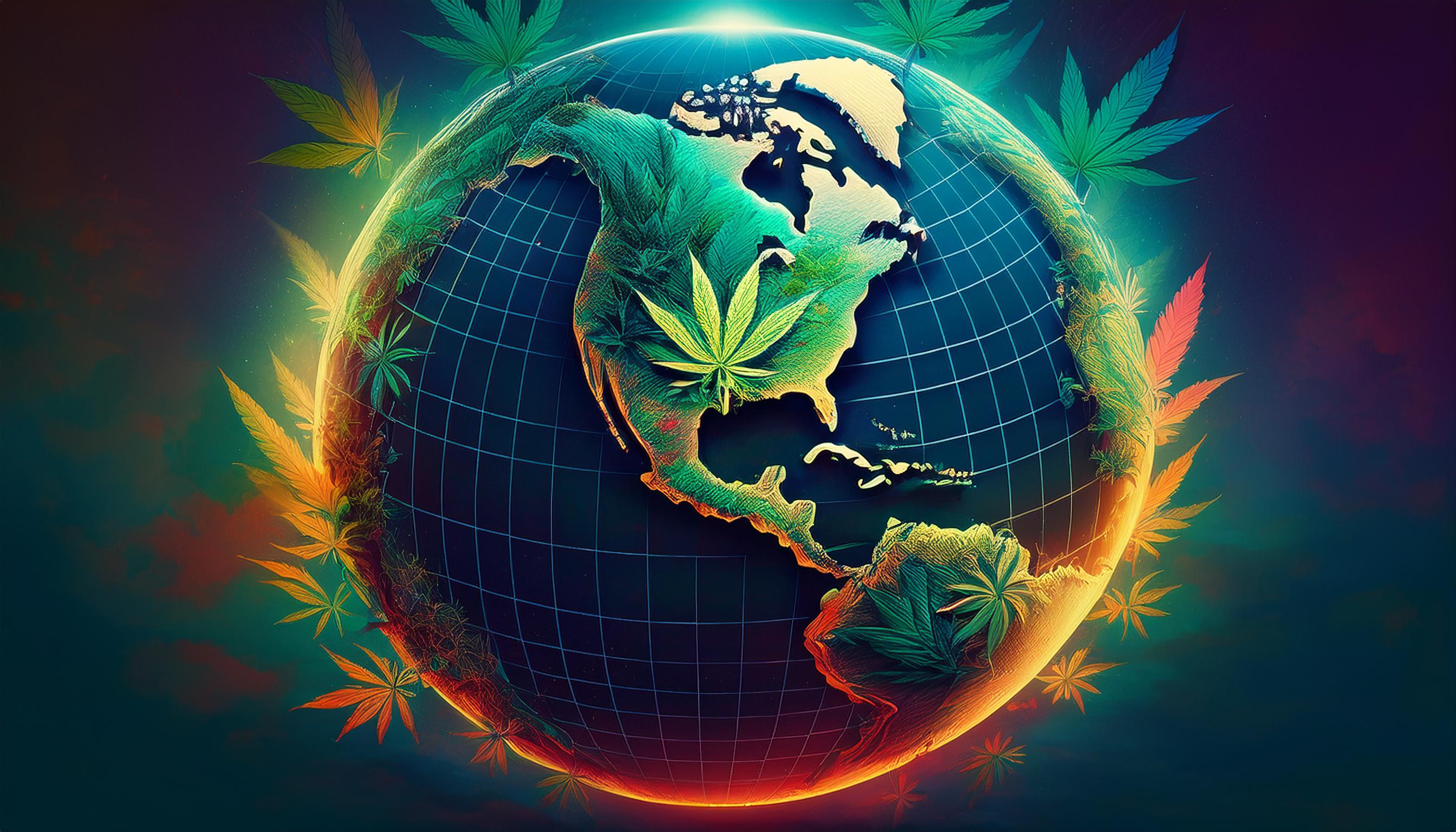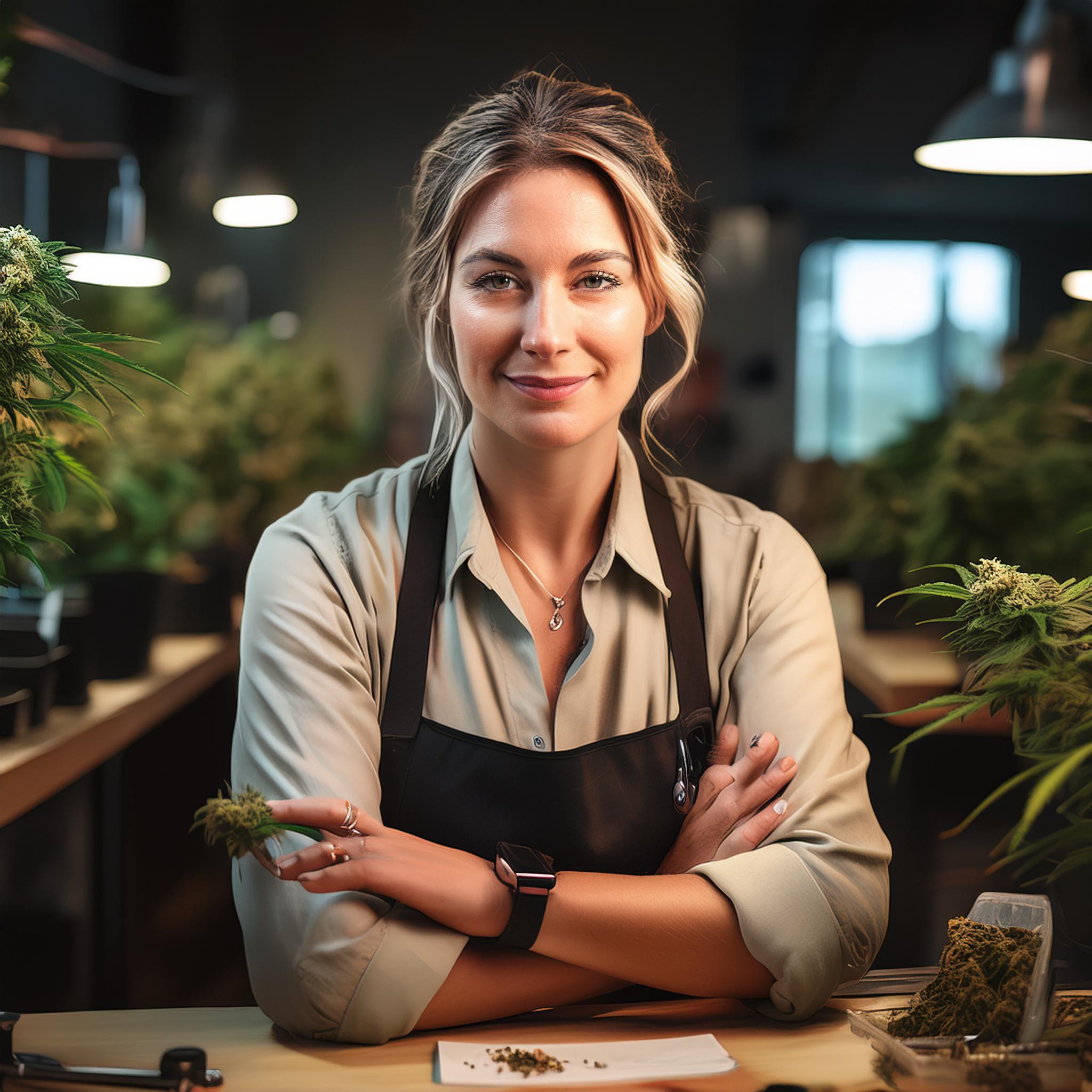A Global Overview of Cannabis Legalisation and Policies
Sep 6, 2024

Sell Cannabis Legally
Start Your Cannabis Empire Today.
Unlock your digital key to selling cannabis legally and globally with Dr. Green. Don’t miss your chance to join the green revolution.
In recent years, the conversation around cannabis has shifted dramatically. Once universally condemned and criminalised, cannabis is now legal in several countries and states for both medical and recreational use.
This shift in global policies reflects changing attitudes towards the plant, its medicinal value, and its recreational use.
But navigating the world of cannabis legalisation is complex, with different countries adopting unique models based on their societal, economic, and cultural landscapes.
Let’s explore how cannabis laws are evolving worldwide and what that means for users, governments, and public health.
Changing Perspectives on Cannabis
Historically, international laws mandated that cannabis cultivation, distribution, and use should only be permitted for medical and scientific purposes.
Personal possession of the drug was widely criminalised, with prison sentences acting as a deterrent.
This position began to soften in the 1990s, with many jurisdictions reducing penalties for cannabis possession and allowing controlled medical use.
Today, countries such as Canada, Uruguay, and a growing number of U.S. states have legalised cannabis for recreational use, creating a new frontier in drug policy.
This shift didn’t happen overnight. Policy makers and voters alike have debated the pros and cons of decriminalisation and legalisation for decades.
The discussions are often contentious, with strong arguments on both sides about potential health impacts, economic benefits, and societal risks.
Sell Cannabis Legally
Start Your Cannabis Empire Today.
Unlock your digital key to selling cannabis legally and globally with Dr. Green. Don’t miss your chance to join the green revolution.
Global Cannabis Policy Models
Understanding the legal landscape of cannabis means understanding three key terms often used in these debates: depenalisation, decriminalisation, and legalisation. Here's a simple breakdown:
Depenalisation: Cannabis remains illegal, but penalties, like imprisonment, are reduced or eliminated.
Decriminalisation: Cannabis possession is reclassified as a non-criminal offence, with fines or warnings instead of jail time.
Legalisation: Cannabis use and possession become legal, often with regulations on distribution and sales.
Each country or state chooses its own model, balancing regulation, public health, and law enforcement resources.
Cannabis in Europe: Cautious Steps Toward Legalisation
While no European government has fully embraced recreational cannabis legalisation, many countries have adopted more lenient approaches to possession and medical use.
For instance, the Netherlands’ famous coffeeshops have sold cannabis for decades under a "tolerance" policy. These coffeeshops, while technically illegal, operate under strict regulations and provide a controlled environment for cannabis consumption.
However, the production of cannabis that supplies these shops remains illegal, leading to the so-called "backdoor problem" — tolerated sales, but illegal sourcing.
Elsewhere, Spain has seen the rise of cannabis social clubs, where groups of users collectively grow and consume cannabis. Although these clubs operate in a legal grey area, they’ve gained popularity in regions like Catalonia.
However, Spain’s national government has yet to officially sanction this model, with rulings like the Spanish Supreme Court’s 2015 decision reaffirming that organised cannabis cultivation is considered drug trafficking.
In terms of public opinion, there’s been a gradual shift towards more tolerant views of cannabis. A Eurobarometer survey found that while a majority of young Europeans favoured banning cannabis in 2011, that number decreased by 2014. This reflects a broader trend of growing acceptance, particularly among younger generations.

Sell Cannabis Legally
Start Your Cannabis Empire Today.
Unlock your digital key to selling cannabis legally and globally with Dr. Green. Don’t miss your chance to join the green revolution.
North and South America: Leading the Charge on Legalisation
In the Americas, the cannabis legalisation movement is in full swing. Uruguay was the first country to fully legalise cannabis for recreational use in 2013, setting up a government-controlled distribution model.
Residents can grow their own plants, purchase cannabis through pharmacies, or join cannabis social clubs. This tightly controlled system ensures that the government retains oversight while reducing the influence of illegal markets.
Across the border in Canada, the legalisation of cannabis in 2018 was framed as a public health and safety measure.
By creating a legal framework for production, sale, and possession, the Canadian government aimed to curb the illegal market, prevent youth access, and regulate product quality.
Early data shows success in reducing cannabis-related arrests, though there has been an increase in the use of higher-potency products.
In the United States, cannabis legalisation is a state-by-state issue. Colorado and Washington were the first to legalise recreational cannabis in 2012, and as of 2024, over 20 states have followed suit.
The U.S. model varies from state to state: some allow private sales, others have government-run stores, and many states permit home cultivation. These varying approaches reflect the ongoing debate about how best to regulate the industry while protecting public health.
Key Global Trends in Cannabis Legalisation
Commercial Models: In states like Colorado and countries like Canada, cannabis is sold through licensed retailers, with both recreational and medical markets thriving. Governments collect taxes, and products are tightly regulated for safety and potency.
Government Supply: Uruguay’s unique model sees the government directly control cannabis production and distribution, ensuring that profits don’t drive the market and keeping a firm grip on public health.
Home-Grow and Social Clubs: Some regions allow individuals to grow their own cannabis or join collectives. This model often avoids the complications of large-scale commercial production but can be harder to regulate effectively.
Decriminalisation Without Legalisation: Many European countries, such as Portugal and the Czech Republic, have decriminalised cannabis use, focusing on reducing harm and saving resources on law enforcement.
Sell Cannabis Legally
Start Your Cannabis Empire Today.
Unlock your digital key to selling cannabis legally and globally with Dr. Green. Don’t miss your chance to join the green revolution.
The Future of Cannabis Policy
Global cannabis policy is at a tipping point. As more countries and states move towards legalisation, the world is watching to see how these experiments unfold.
What works in one place may not work in another, but the lessons learned will shape the future of cannabis regulation.
Whether for recreational or medical use, cannabis is becoming part of mainstream conversation, and understanding the nuances of global policies will be key to navigating this evolving landscape.
The challenge for governments is finding a balance between regulation, public health, and social equity. As more places relax cannabis laws, the hope is that data-driven policies will lead the way towards a more just and effective approach to cannabis use worldwide.
